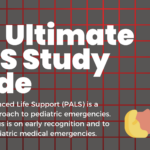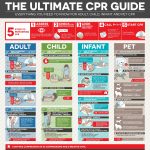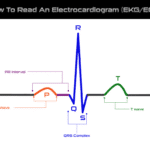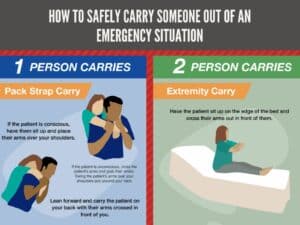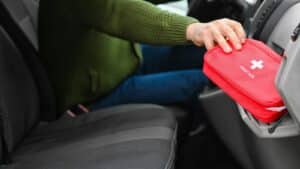A normal resting heart rate for an adult ranges from 60 to 100 beats per minute. An athlete may be closer to 40 beats per minute. A lower heart rate typically implies more efficient heart function meaning an individual is in great cardiovascular shape.
If a person’s heart rate is faster than 100 beats per minute, it is called tachycardia. The two most common types of tachycardia are paroxysmal supraventricular tachycardia, which starts and stops suddenly and may recur; and chronic tachycardia, whereby the fast heartbeat persists until a person has been treated.
If a person experiences tachycardia, they will experience shortness of breath, chest pain, lightheadedness or dizziness. They may faint and have to endure what could be an oppressive anxiety.
If an elderly person has any heart disease and experiences chronic tachycardia, it is important that it gets treated. A prolonged fast heart rate could result in decreased function of the heart and with it lots of complications. If the heart becomes stressed for too long, eventually there could be no effective heartbeat, this is called ventricular fibrillation. This is a life-threatening situation. With no heartbeat, there is no blood circulating and the situation now requires CPR.
If someone you love experiences chronic tachycardia, it would be in the family’s best interest to find available Orange County CPR classes and became certified in the event of this life-threatening situation.

